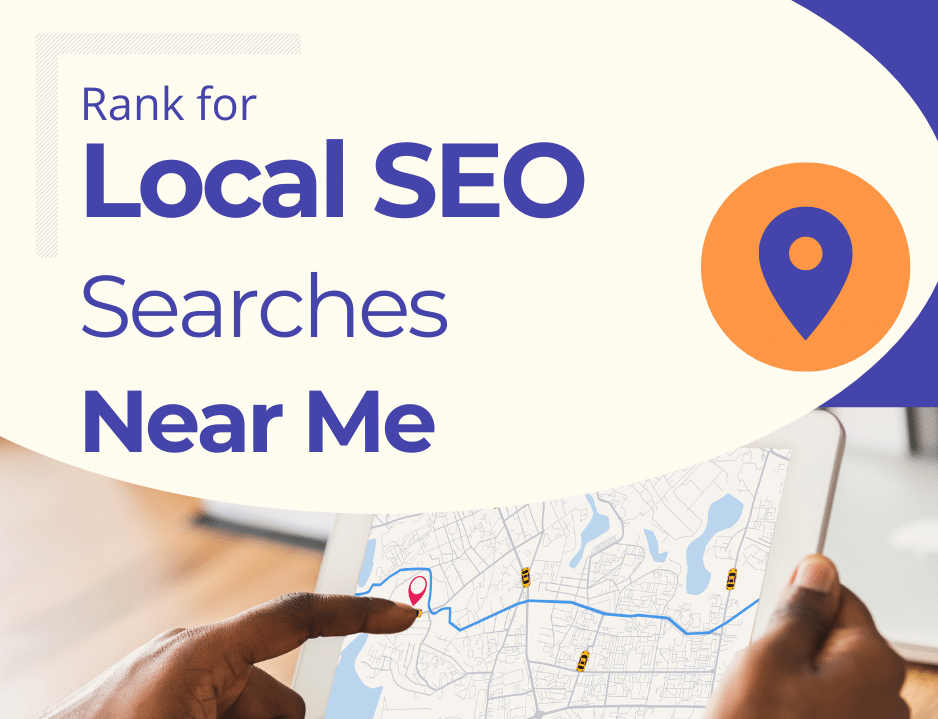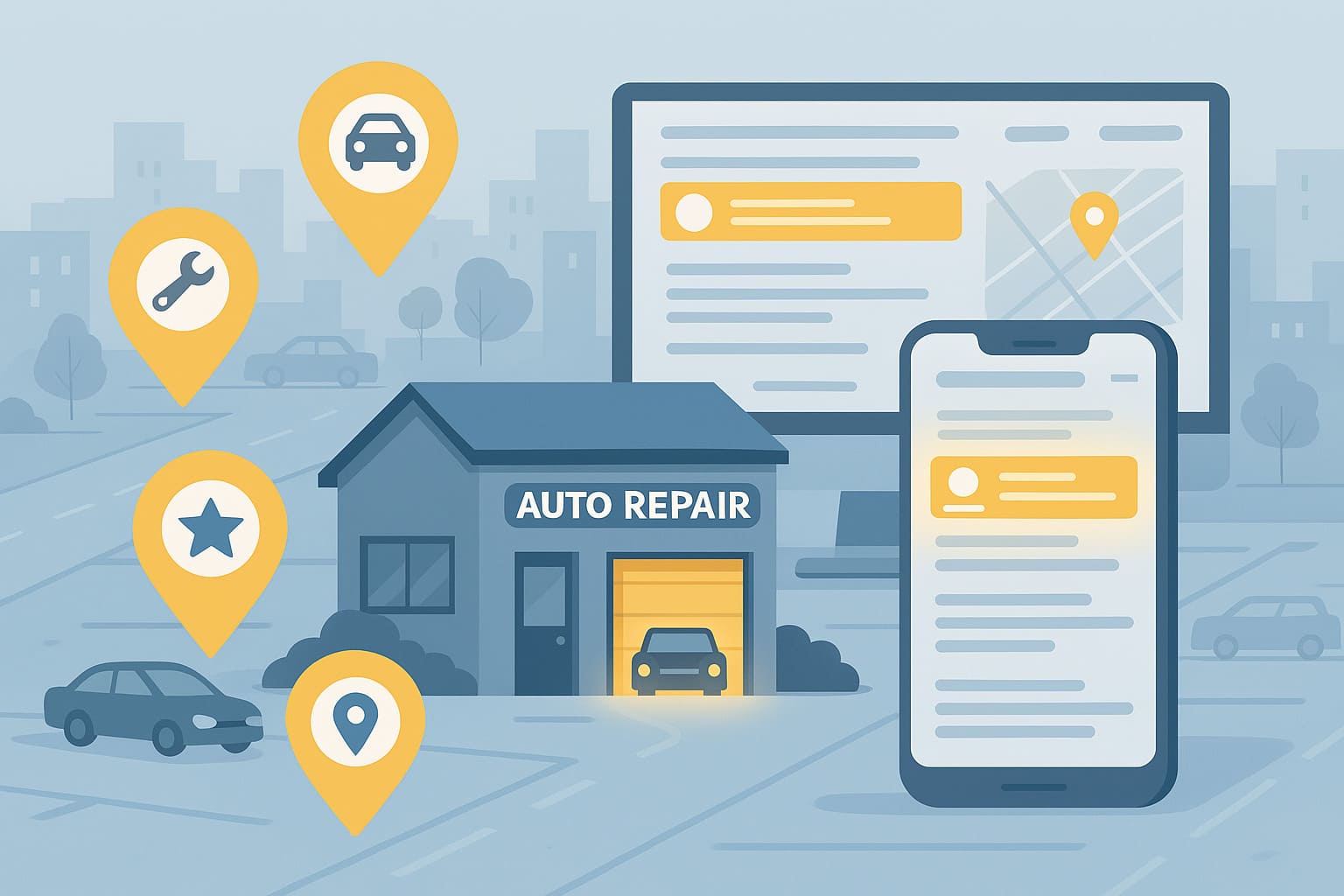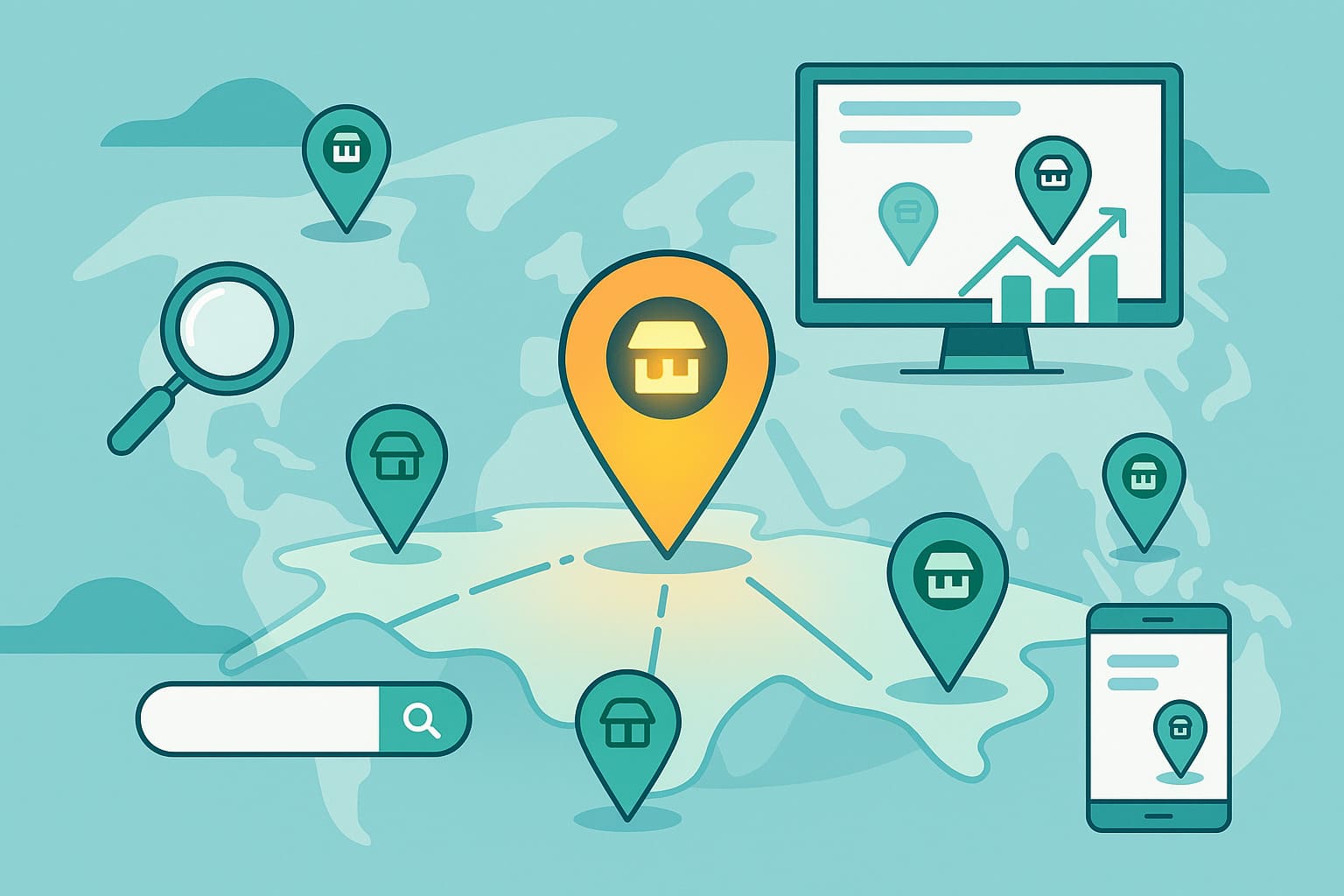Local SEO is a must for businesses that want to attract local customers. In this post we will show you proven ways to rank higher in “near me” searches so you can increase your local visibility and drive more traffic to your business. Learn how to optimize your online presence and beat your competitors in the local search results.
With voice and mobile searches on the rise, local SEO is important for small and big businesses. According to various research and Google reports it has been noted that in the past 2 years there has been a 150% growth in searches for local places that include a “near me” qualifier vs those without.
Having a search bar on your website is crucial to enhance user experience, especially for mobile searches.
Also, global searches for “open now near me” have grown by over 400% in the past year. This is why you need to optimize your online presence to capture these high-intent queries and drive foot traffic to your business location.
What is the Importance of Local SEO?
Local SEO helps you connect with local customers. It increases your visibility on search engines for people looking for services or products near them. This means more website traffic to your store or site.
When you rank high in local searches you attract more local customers. People choose companies that show up on the first page of search results so you get more clicks, calls and visits.
Local SEO builds trust. When your business shows up in local searches it looks more credible. Customers trust search engines to provide relevant and reliable options near them.
Using a good local SEO strategy gives you an edge. Many businesses still ignore local SEO. By focusing on it you can beat your competitors and capture more of the local market.
Local SEO helps with customer engagement. Adding a search bar toyour website can help users find information quickly, thereby improving user engagement and satisfaction. Updating your Google Business profile with accurate business details, photos and posts keeps your community informed. This leads to better customer relationships and loyalty.
How Google Determines Ranking in “Near Me” Searches
Google uses several factors to rank in “near me” searches. Here are the key factors:
Proximity: Google looks at how close your business is to the searcher. The closer you are, the higher you rank in the search engine results. Keep your business address up-to-date.
Relevance: Google matches the search queries to your business details. Using local keywords related to your services or products in your listings increases relevance. This matches your business to more searches.
Prominence: Google considers how well-known and trusted your business is. High ratings, positive reviews and backlinks from other websites improve prominence. Engaging with customers through reviews builds trust and ranks better.
Google My Business (GMB) Profile: Google checks your GMB profile for completeness. Having accurate information like address, phone number and business hours helps your local SEO. Regular posts and updates also matter.
Reviews and Ratings: Positive reviews and high ratings affect your local search rankings. Encourage happy customers to leave reviews. Responding to reviews shows you value customer feedback.
Local Citations: Listings of your business on local business directories and websites helps. Consistent information across these listings signals reliability to Google. Make sure your name, address and phone number are the same everywhere.
Website Optimization: Your web pages should be mobile-friendly and fast-loading. Using local keywords in your website content and meta descriptions helps Google understand your local relevance. Including a search bar on your website can improve user experience and make it easier for users to find relevant information quickly. A well-optimized website supports better rankings.
These factors combined determine how you rank in “near me” searches. Focus on them and you’ll be more visible and attract more local customers.
How to Rank Higher in Searches for Local Business
To rank higher in searches for local businesses you need to use specific strategies. Here are the detailed methods:
Including a search bar on your local landing pages can help users find specific information about each business location quickly.
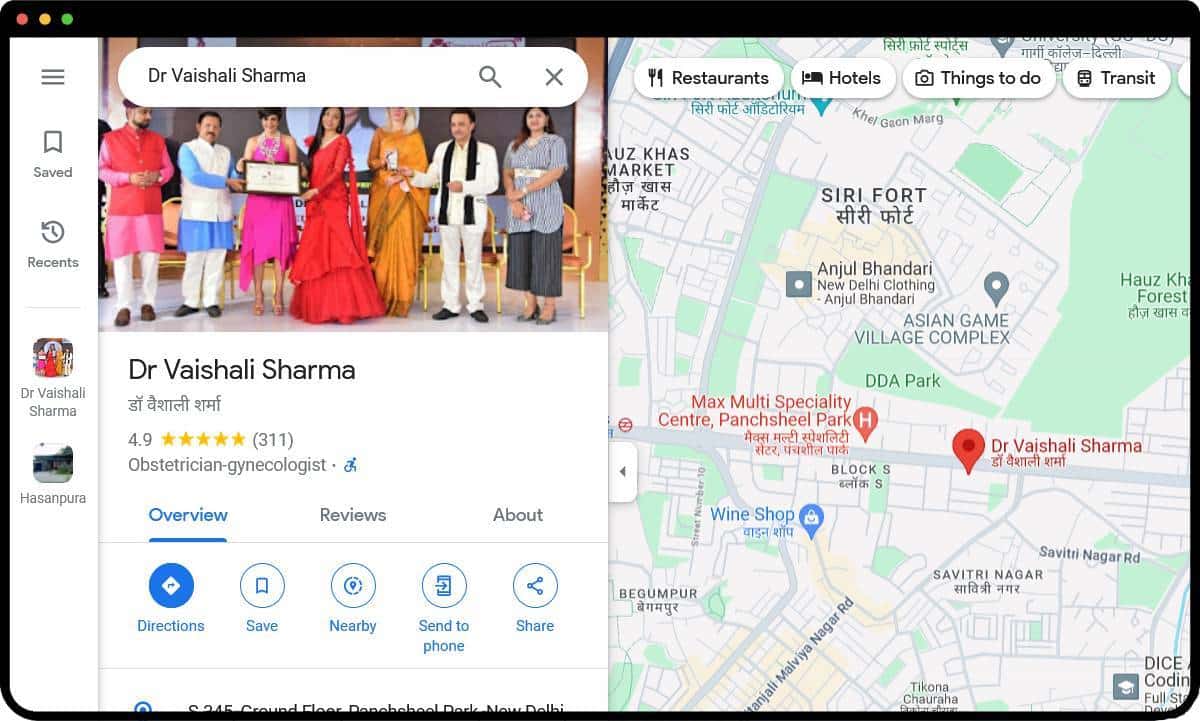
Claim and Optimize Your Google Business Profiles
Show up in local search results and claim your local listings like Google Business Profiles (GBP). When users search locally Google shows the top three businesses, the Google 3-pack or local pack.
Studies show businesses in the 3-pack get 126% more traffic and 93% more actions (calls, clicks and directions) than those ranked 4-10. So more customers will find and contact you.
You need a GBP for your business locations to show up in the 3-pack. Without it you won’t show up in those top spots. Optimizing your profile also matters for better rankings.
To rank higher in local search you need to use specific strategies. Here are the methods:
Optimizing a Google My Business (GMB) profile involves several key steps:
Claim and Verify Your Business: Make sure your business is claimed and verified on Google My Business. This confirms your business is legit and allows you to manage your profile.
Complete Your Profile: Fill out all sections of your GMB profile, business name, address, phone number (NAP), website, hours of operation and business category. Businesses with complete profiles are 2.7 times more likely to be considered reputable.
Add High-Quality Photos: Upload high-res images of your business, products and services. Visual content gets more views and engagement.
Write a Compelling Business Description: Write a detailed and engaging description of your business, highlighting your unique selling points and services.
Regular Updates: Keep your profile updated with the latest info, special hours, new services and promotions. Regular updates can increase local search visibility by 20%.
Create Local Landing Pages
Create separate landing pages for each of your business locations if you have multiple locations. Each location specific page should have local keywords and relevant content. Here’s how you do it for your business:
- Create Separate Pages for Each Location: If you have multiple locations create a separate page for each.
- Use Local Keywords: Use keywords specific to each location in the content.
- Include Important Info: List the services offered at each location, address, contact details and customer reviews.
- Add a Search Bar: Make it easy to navigate by adding a search bar so users can find specific info quickly.
- Boost Local SEO: Local landing pages help search engines know your business is in different areas so you show up in local search results.
Standardize Your NAP Data
NAP stands for Name, Address and Phone number. Make sure your NAP data is consistent across all online listings, your website, social media profiles and directory listings.
- Consistency Across All Platforms: Your Name, Address and Phone number (NAP) should be consistent across your website, social media profiles and directory listings.
- Google Verification: Consistent NAP helps Google verify your business info, increases local search rankings.
- Avoid Confusion: Inconsistencies will confuse search engines and lower your visibility.
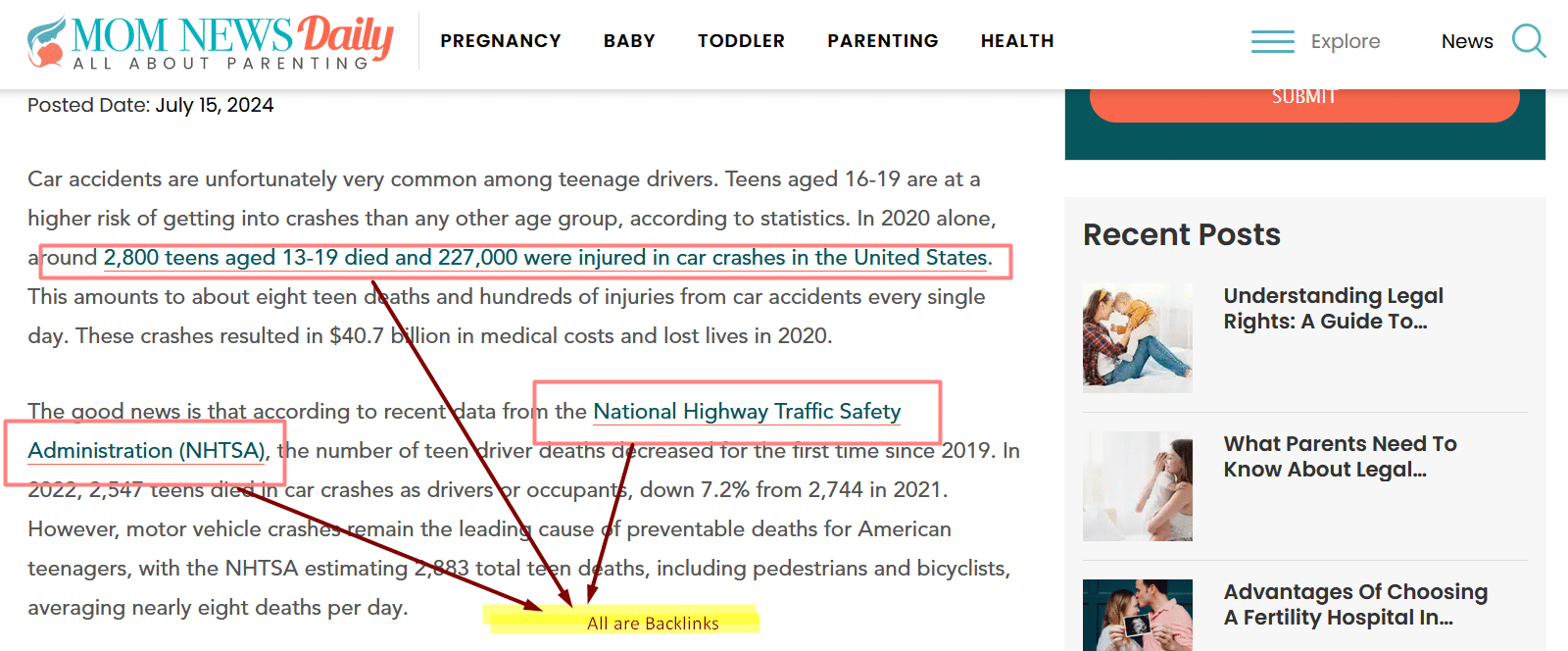
Get Backlinks
Get backlinks from local websites and organizations. Backlinks are endorsements for your business. Join local business associations or sponsor local events to get backlinks.
- Local Websites and Organizations: Get backlinks from reputable local websites and organizations.
- Join Local Associations: Being a member of local business associations can give you valuable backlinks.
- Sponsor Local Events: Sponsoring local events can get you backlinks from the event’s website.
- Boost Website Authority: High quality local links increase your website authority and helps you rank higher in local search.
Optimize On-Page for All Your Locations
Optimize each page of your website for local SEO.
- Use Local Keywords: Use local keywords in title tags, meta descriptions, headers and content.
- Include NAP on Each Page: Each page should have your business’s name, address and phone number.
- Add a Search Bar: Adding a search bar on each page will help users find specific info quickly.
- Boost Local SEO: On-page SEO helps search engines know your business is local, increases your ranking and makes it easy for customers to find you.
Citation
Keep your citations accurate and consistent across all directories and listing sites.
- Accurate and Consistent Citations: Keep your citations (mentions of your business) accurate and consistent across all directories, websites and social media platforms.
- Monitor and Update Regularly: Use citation management tools to monitor for inaccuracies and update your info as needed.
- Increase Trust with Google: Consistent citations help Google trust your business info, and increase local search ranking.
Use Schema Markup
Add schema markup to your website’s code. This special code helps search engines understand your business info better.
- Add to Website Code: Add schema to your website’s HTML code to help search engines understand your business info.
- Include Essentials: Use local business schema to include your address, phone number and opening hours.
- Improve Local Search Visibility: Proper schema markup allows search engines to read and categorize your info, helps you show up in local search.
Use Local Keywords for Better Local Search Rankings
Use local keywords in your website content. Use phrases people search for, like “best cafe in [your city]” or “dentist near me”.
- Meta Titles and Descriptions: Use local keywords in meta titles, descriptions, headers and content.
- Boost Relevance: Local keywords helps search engines know you’re relevant to local search.
Mobile-Friendliness
Make sure your website is mobile friendly. Many local searches happen on mobile devices. A mobile-friendly site loads fast and displays well on smaller screens.
Google ranks mobile friendly sites higher in search results, especially for local search. Use responsive design, fast loading time and easy navigation to improve your site’s mobile experience. Including a search bar on your website can significantly enhance the mobile user experience, especially for mobile searches.
Get Reviews and Boost Your Online Presence
Ask satisfied customers to leave positive reviews on your Google Business profile and other review sites. Respond to all reviews to show you value feedback. Positive reviews builds trust and improves your online reputation.
They also tells Google that your business is reliable and helps you to rank higher in local search. Even respond to all reviews, negative or positive, as it creates a positive brand image that you are replying to every response got on our business.
Use Social Media for Local Engagement
Engage with your local community through social media platforms. Share updates, promotions and local news related to your business. Use location-based hashtags to reach a wider audience.
Respond to comments and messages quickly to build relationships with your followers. Active social media engagement increases your online presence and tells search engines that your business is relevant to the local community.
What is NAP and Why is it important for Local SEO?
NAP stands for Name, Address and Phone number. These three are the foundation of any business’s local search engine optimization (SEO) efforts.
Consistency of NAP information across all online platforms is key. Search engines like Google uses this data to verify the business’s legitimacy and relevance. If your NAP information is consistent everywhere, it helps search engines to confirm that your business is real and reliable.
Having consistent NAP can improve your business’s local search ranking by up to 16%. Higher ranking means your business will show up more on local search results and easier for potential customers to find you.
Inconsistent NAP can harm your local SEO. If search engines find different names, addresses or phone numbers, they will struggle to verify your business details. This confusion can lead to 41% decrease in your local search visibility.
Accurate NAP helps customers to find your business easily. It also builds trust as people are more likely to visit a business that has correct and consistent information online.
Check and update your NAP information regularly on all platforms. This includes your website, social media profiles and local business directories. Use citation management tools to monitor and maintain consistency across the web.
Bottom Line
In summary, ranking higher in local SEO “near me” search is a must for any business that wants to attract local customers. Follow these SEO tips and you will not only stand out from the competition but also drive more traffic and build stronger relationships with your community.
Stay proactive and continuously update your local SEO tactics to keep up with evolving search trends and maintain your competitive edge.



